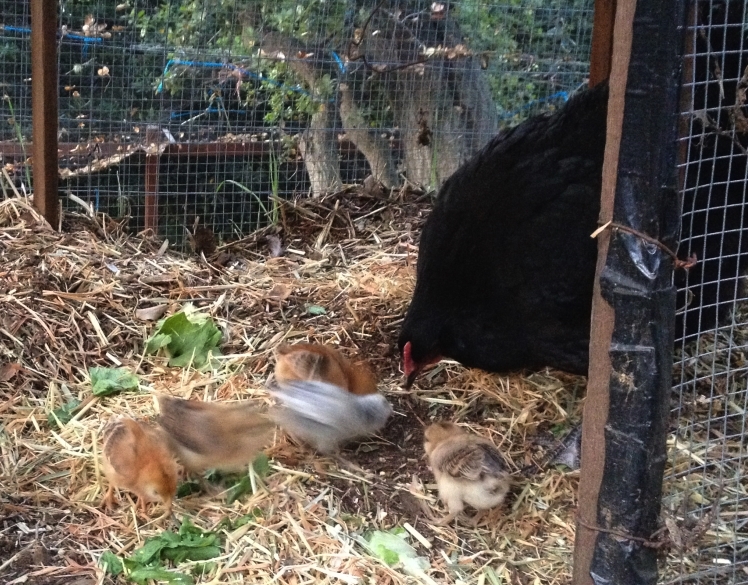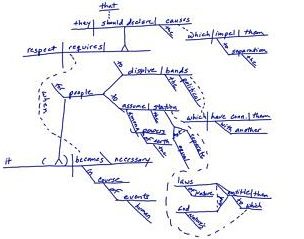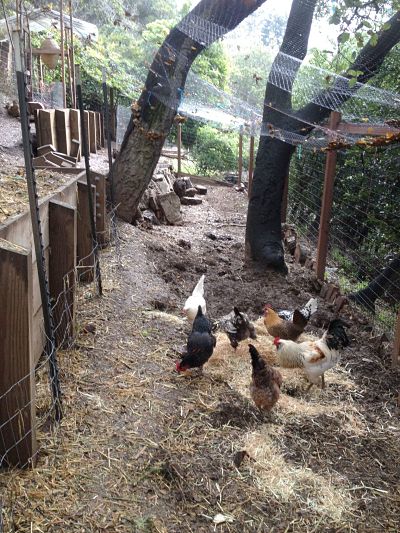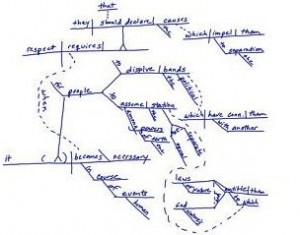 Lately I have been enjoying the Saturday “Review” section of the Wall Street Journal a lot more than the NY Times “Book Review.” This is an excerpt of a Polish author, Marek Hlasko, from a review by Nathaniel Popkin. It’s from Beautiful Twentysomethings, Hlasko’s autobiography. I’m going to have to read the book:
Lately I have been enjoying the Saturday “Review” section of the Wall Street Journal a lot more than the NY Times “Book Review.” This is an excerpt of a Polish author, Marek Hlasko, from a review by Nathaniel Popkin. It’s from Beautiful Twentysomethings, Hlasko’s autobiography. I’m going to have to read the book:
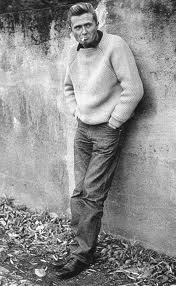 “There are few nations who have so many chances for good literature as we, the Poles, do. We’ve got everything: misfortune, political assassinations, eternal occupation, informers, mystery, despair, drunkenness. By God, what else could you ask for? When I was in Israel, I lived with the scum of the earth, but still I never met people as desperate, detestable, and unhappy as in Poland.”
“There are few nations who have so many chances for good literature as we, the Poles, do. We’ve got everything: misfortune, political assassinations, eternal occupation, informers, mystery, despair, drunkenness. By God, what else could you ask for? When I was in Israel, I lived with the scum of the earth, but still I never met people as desperate, detestable, and unhappy as in Poland.”
Continue reading “An exemplary sentence” →




